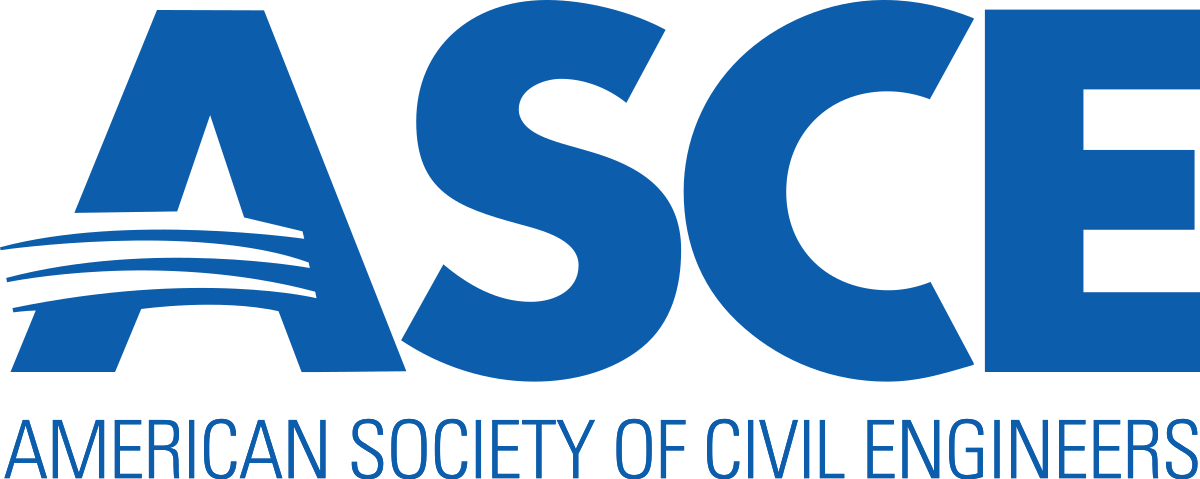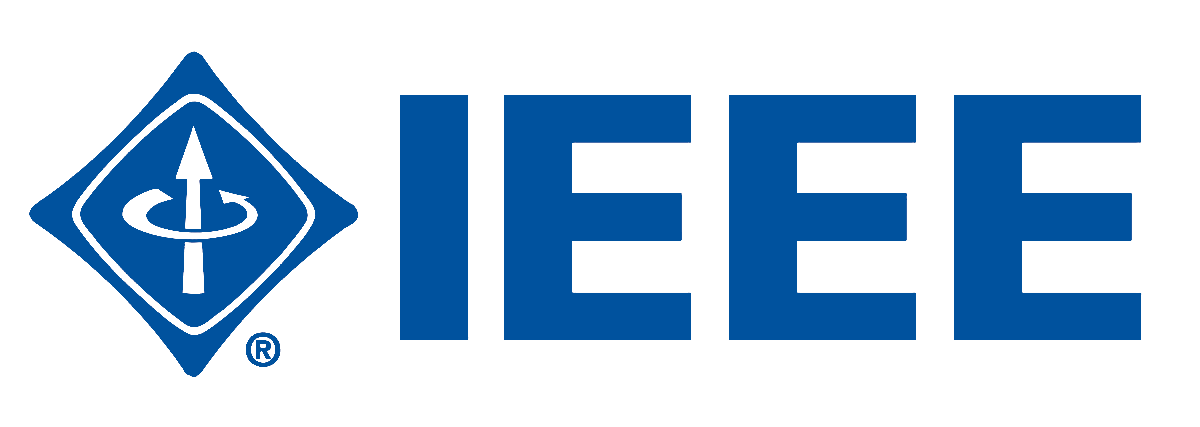ADDICTION TREATMENT
Engineering & Architecture Professionals
Boards governing Engineering & Architecture Professionals in various states have substance abuse guidelines to ensure the safety and integrity of projects.

The American Society of Civil Engineers (ASCE)
The American Society of Civil Engineers (ASCE) is a professional body representing civil engineers in the U.S. and internationally. While ASCE sets standards, provides resources, and offers guidance for the professional development of civil engineers, it needs to have the regulatory powers that state licensing boards possess. In terms of professional licensure, this is generally under the jurisdiction of each state’s engineering licensing board.
That said, professional societies like the ASCE play a role in shaping the ethical and professional standards of the profession. Here’s how ASCE may engage with issues of substance abuse and alcoholism:
Code of Ethics
Education and Awareness
Support and Referral
Policy and Recommendations
Peer Support and Community
Continuing Education
Conferences and Meetings
State Licensing Boards
In the United States, the licensure and regulation of professional engineers fall under individual state licensing boards. Each state, District of Columbia, and U.S. territories have its board responsible for experienced engineers’ licensure, oversight, and discipline.
Regarding substance abuse and alcoholism:
Engineers who lose their licenses due to substance abuse issues can often undergo a reinstatement process, which may involve demonstrating sustained sobriety, undergoing evaluations, or completing designated treatment programs.

The Institute of Electrical and Electronics Engineers (IEEE)
The Institute of Electrical and Electronics Engineers (IEEE) is a professional association, not a regulatory or licensing body. It’s a global organization that primarily focuses on advancing technology and innovation. The IEEE sets professional standards, publishes research, conducts conferences, and provides educational resources for its members in the electrical and electronics engineering fields.
Given this role, here’s what to understand about the IEEE and issues of drug and alcohol addiction:
